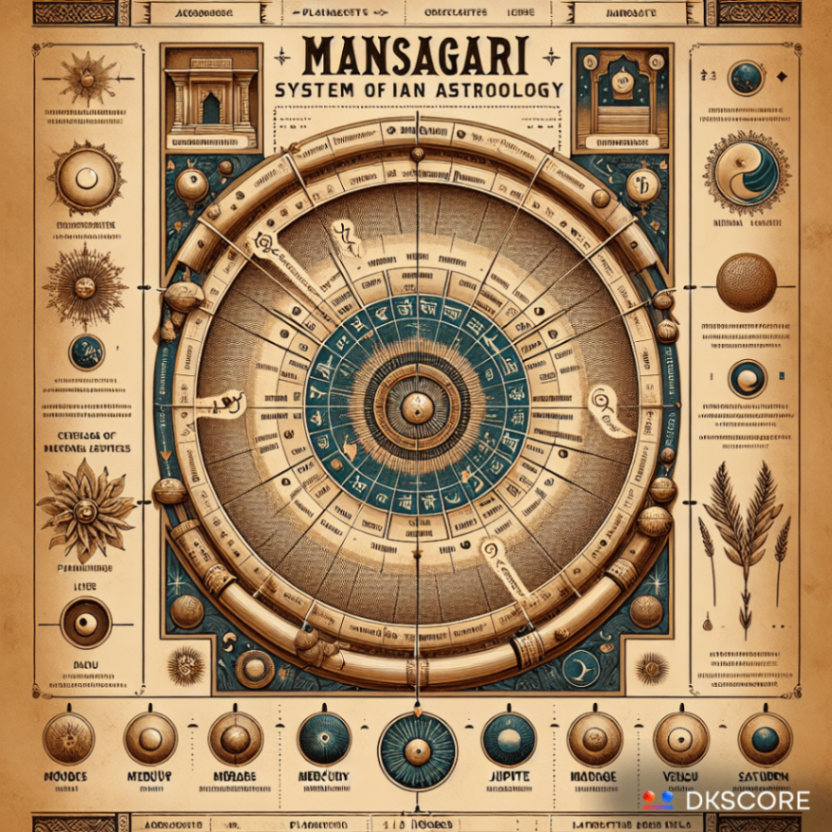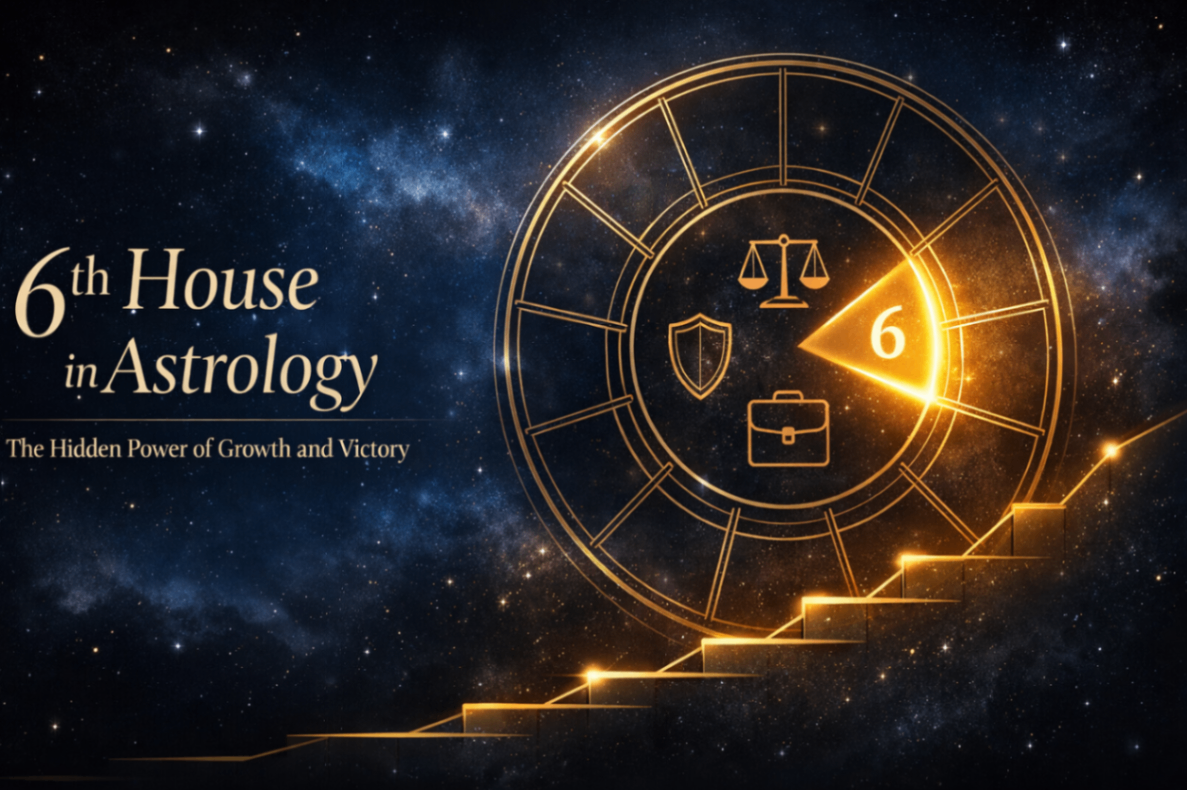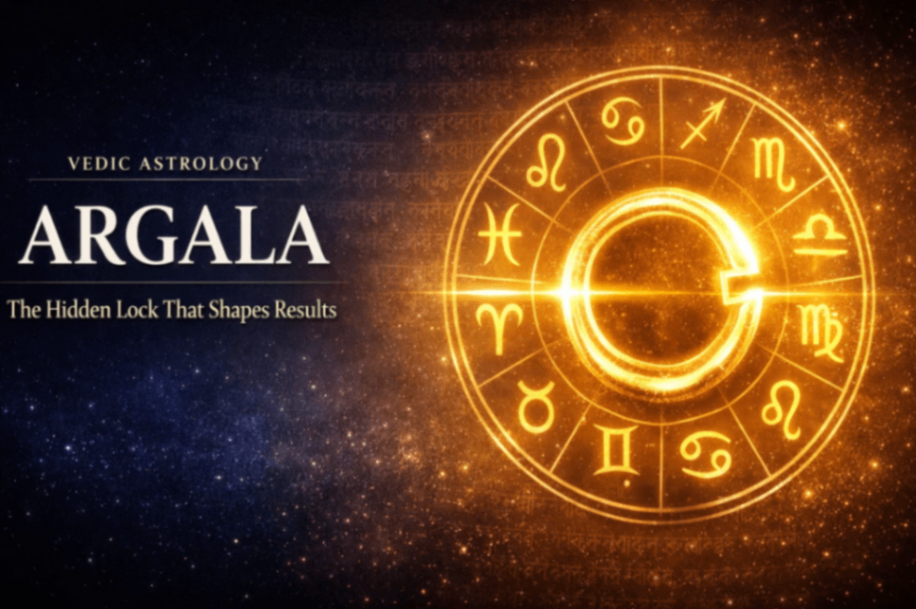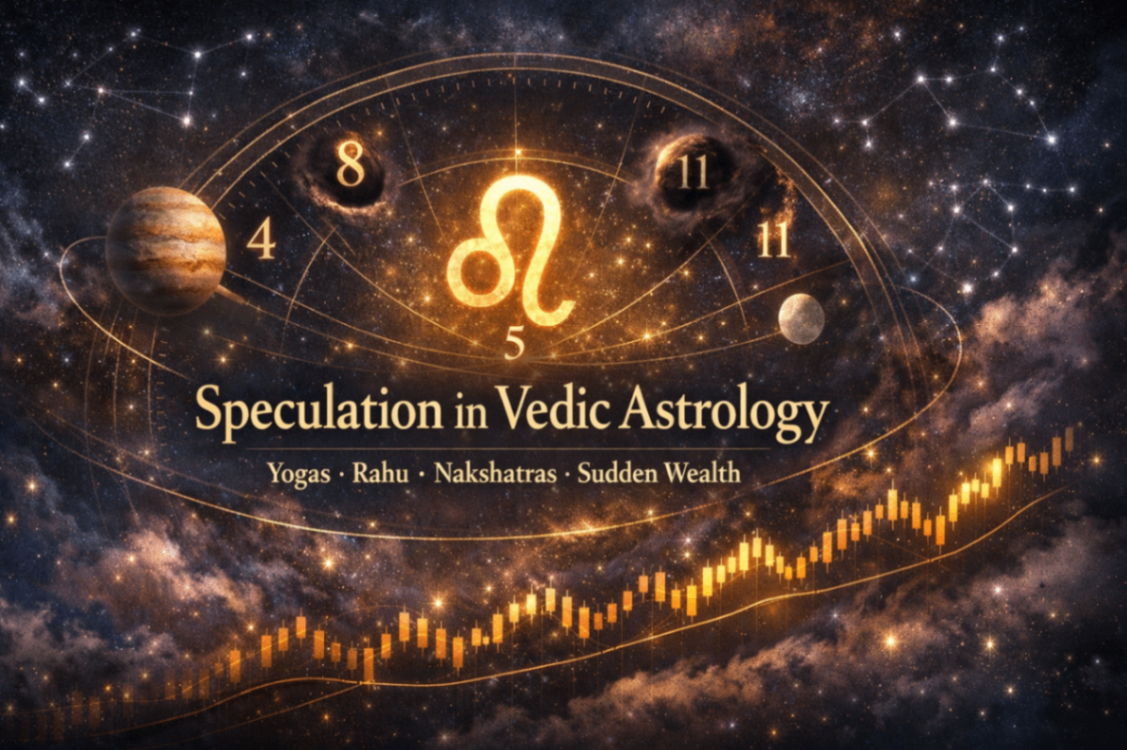Introduction to Vedic Astrology
Vedic astrology, also known as Jyotish, is an ancient Indian science that studies the movements and relative positions of celestial bodies interpreted as having an influence on human affairs and the natural world. Unlike Western astrology, Vedic astrology uses the sidereal zodiac, which is based on the actual positions of the constellations in the sky.
Basic Principles of Vedic Astrology
Vedic astrology is based on the concept of karma and the belief that our actions in past lives influence our current life circumstances. The main components of Vedic astrology include the natal chart (Janma Kundali), planetary periods (Dasha), and transits (Gochar).
Natal Chart (Janma Kundali)
The natal chart is a snapshot of the sky at the moment of an individuals birth, showing the positions of the planets in the twelve houses of the zodiac. Each house represents different aspects of life, such as personality, wealth, family, and career.
Planetary Periods (Dasha)
The Dasha system is a unique feature of Vedic astrology that predicts the timing of events in a persons life based on the positions of the planets in their natal chart. The most commonly used Dasha system is the Vimshottari Dasha, which assigns specific periods to each planet.
Transits (Gochar)
Transits refer to the current positions of the planets in the sky and how they interact with the planets in the natal chart. Transits can indicate periods of change, challenges, or opportunities in different areas of life.
Key Concepts in Vedic Astrology
Vedic astrology involves various concepts and techniques to make accurate predictions. Some of the key concepts include:
Rashis (Zodiac Signs)
There are twelve zodiac signs in Vedic astrology, known as Rashis. Each Rashi has its own characteristics and influences, and the position of the planets in these signs affects different aspects of life.
Nakshatras (Lunar Mansions)
The zodiac is divided into 27 Nakshatras, or lunar mansions, each representing specific qualities and attributes. The position of the moon in a particular Nakshatra at the time of birth plays a significant role in shaping an individuals personality and destiny.
Bhavas (Houses)
The natal chart is divided into twelve houses, known as Bhavas, each representing different aspects of life. The placement of planets in these houses provides insights into various life areas such as health, wealth, relationships, and career.
Grahas (Planets)
In Vedic astrology, nine planets, known as Grahas, are considered significant: Sun, Moon, Mars, Mercury, Jupiter, Venus, Saturn, Rahu, and Ketu. Each planet has its own characteristics and influences, and their positions in the natal chart determine various life events.
Interpreting the Natal Chart
Interpreting a Vedic astrology chart involves analyzing the positions of the planets in the Rashis and Bhavas, as well as their interactions with each other. Some key steps in chart interpretation include:
Analyzing the Ascendant (Lagna)
The Ascendant, or Lagna, is the zodiac sign rising on the eastern horizon at the time of birth. It is considered the most important point in the natal chart and represents the individuals personality and physical appearance.
Examining Planetary Strengths
Each planet has a specific strength and influence based on its position in the chart. Factors such as exaltation, debilitation, and conjunctions with other planets are considered to determine the strength of a planet.
Assessing Dasha Periods
The Dasha system is used to predict the timing of significant life events. By analyzing the Dasha periods of different planets, astrologers can provide insights into future opportunities and challenges.
Considering Transits
Transits indicate the current positions of planets and their interactions with the natal chart. By analyzing transits, astrologers can predict periods of change and provide guidance on how to navigate them.
Common Misconceptions in Vedic Astrology
There are several misconceptions about Vedic astrology that can lead to misunderstandings and incorrect predictions. Some common misconceptions include:
Overemphasis on Sun Signs
Unlike Western astrology, which primarily focuses on the Sun sign, Vedic astrology considers the positions of all planets and their interactions. Overemphasis on the Sun sign can lead to incomplete and inaccurate predictions.
Ignoring Free Will
While Vedic astrology provides insights into potential life events, it does not negate the power of free will. Individuals have the ability to make choices and take actions that can influence their destiny.
Belief in Fixed Fate
Vedic astrology is based on the concept of karma, but it does not imply that fate is fixed and unchangeable. By understanding their chart, individuals can take proactive steps to improve their circumstances.
Practical Applications of Vedic Astrology
Vedic astrology can be used for various practical purposes to improve different aspects of life. Some applications include:
Career Guidance
By analyzing the positions of planets related to career and profession, Vedic astrology can provide insights into suitable career paths and periods of career growth or challenges.
Relationship Compatibility
Vedic astrology can be used to assess compatibility between partners by comparing their natal charts. Factors such as the positions of Venus and Mars, as well as the seventh house, are considered.
Health Predictions
The positions of planets related to health and the sixth house can provide insights into potential health issues and periods of good or bad health. Remedies and preventive measures can also be suggested.
Financial Forecasts
By analyzing the positions of planets related to wealth and the second house, Vedic astrology can provide insights into financial stability, periods of financial growth, and potential financial challenges.
Remedies in Vedic Astrology
Vedic astrology offers various remedies to mitigate the negative influences of planets and enhance their positive effects. Some common remedies include:
Mantras
Chanting specific mantras associated with different planets can help reduce their negative effects and enhance their positive influences.
Yantras
Yantras are geometric diagrams that represent the energy of specific planets. Placing and worshipping Yantras can help balance planetary energies.
Gemstones
Wearing gemstones associated with specific planets can help strengthen their positive influences and reduce their negative effects.
Pujas and Rituals
Performing specific Pujas and rituals dedicated to different planets can help appease them and mitigate their negative influences.
Conclusion
Vedic astrology is a profound and complex science that offers valuable insights into various aspects of life. By understanding the principles and techniques of Vedic astrology, individuals can gain a deeper understanding of themselves and their lifes journey. While it provides guidance and predictions, it also emphasizes the importance of free will and proactive actions to shape ones destiny.
```






































